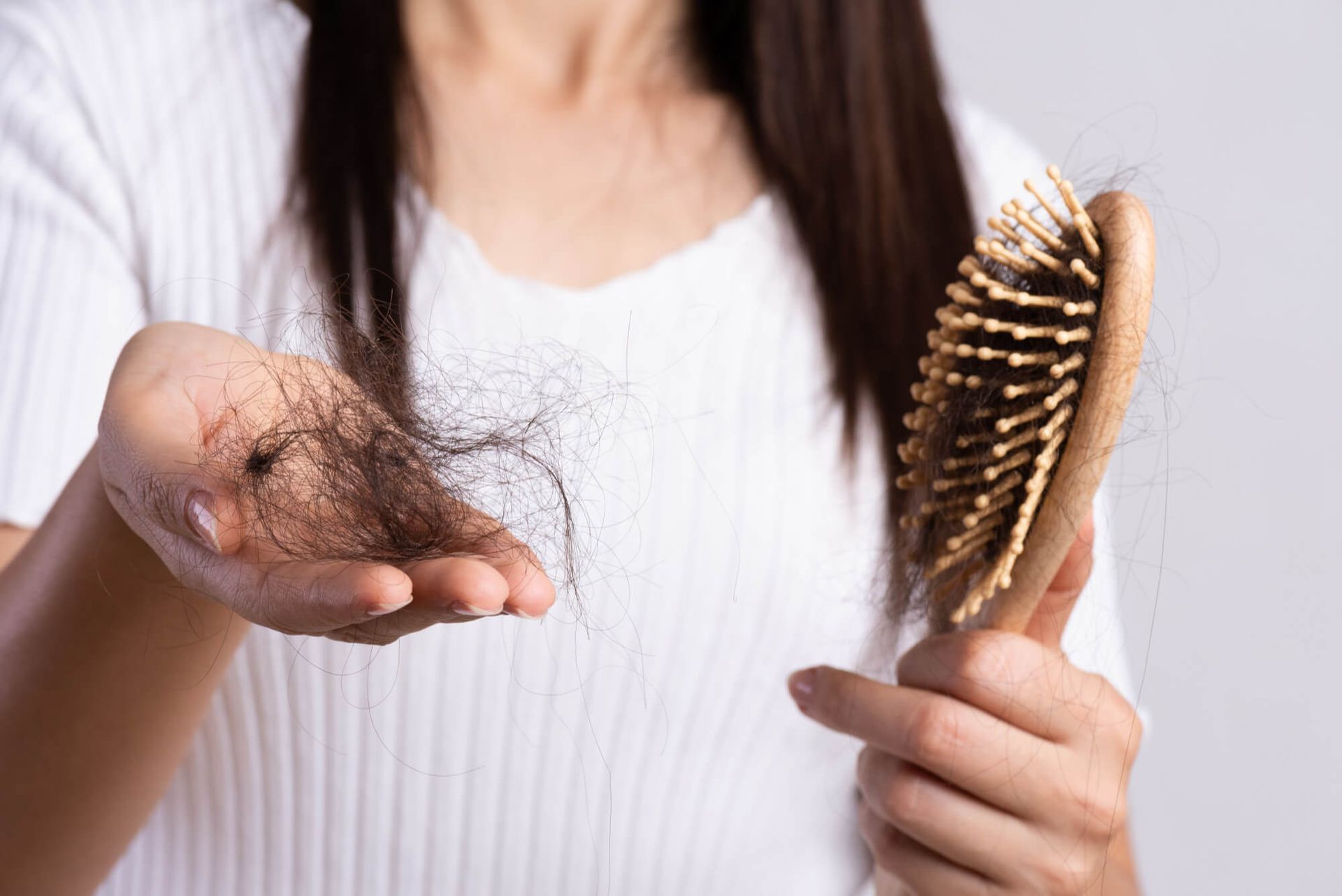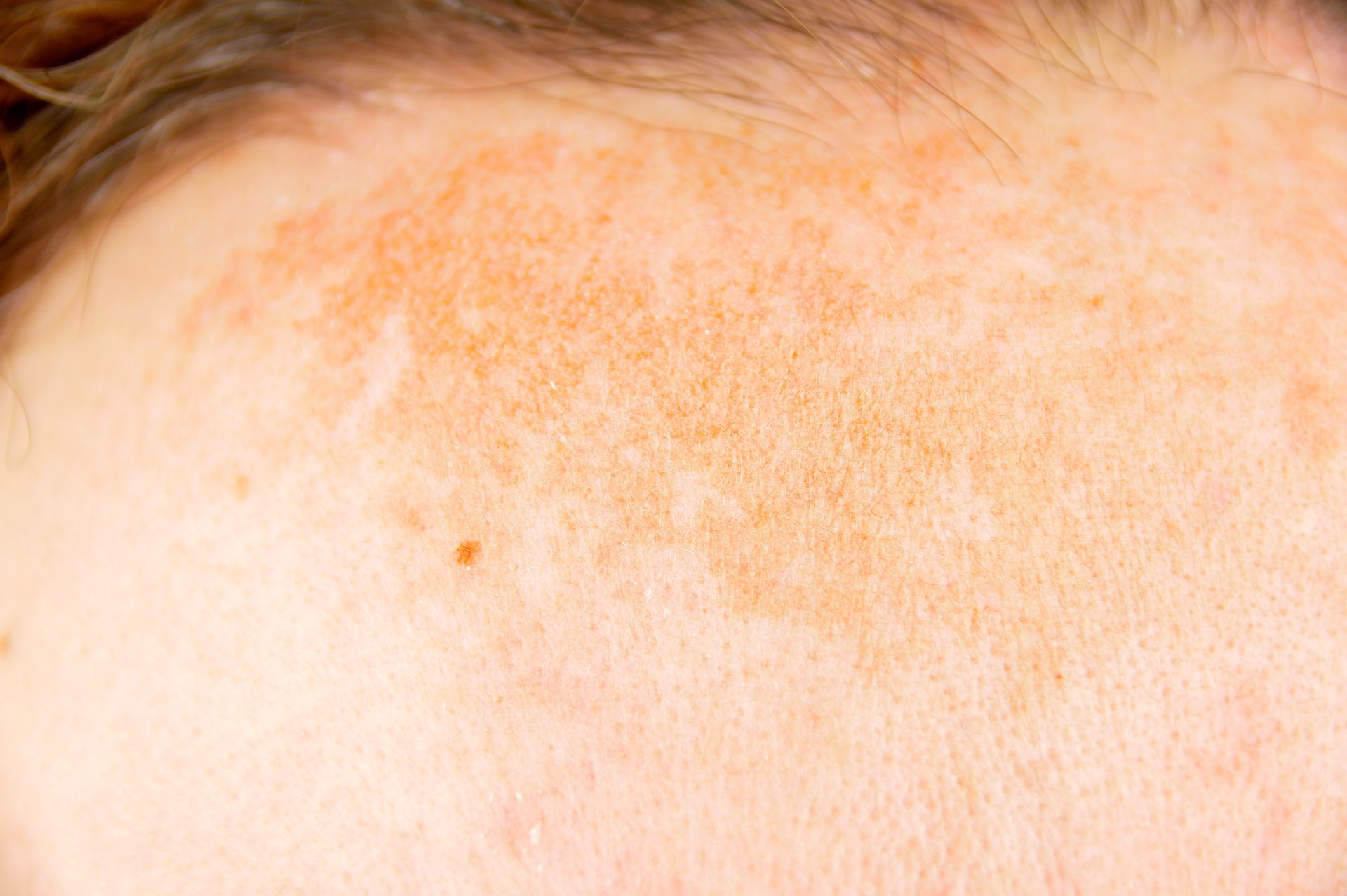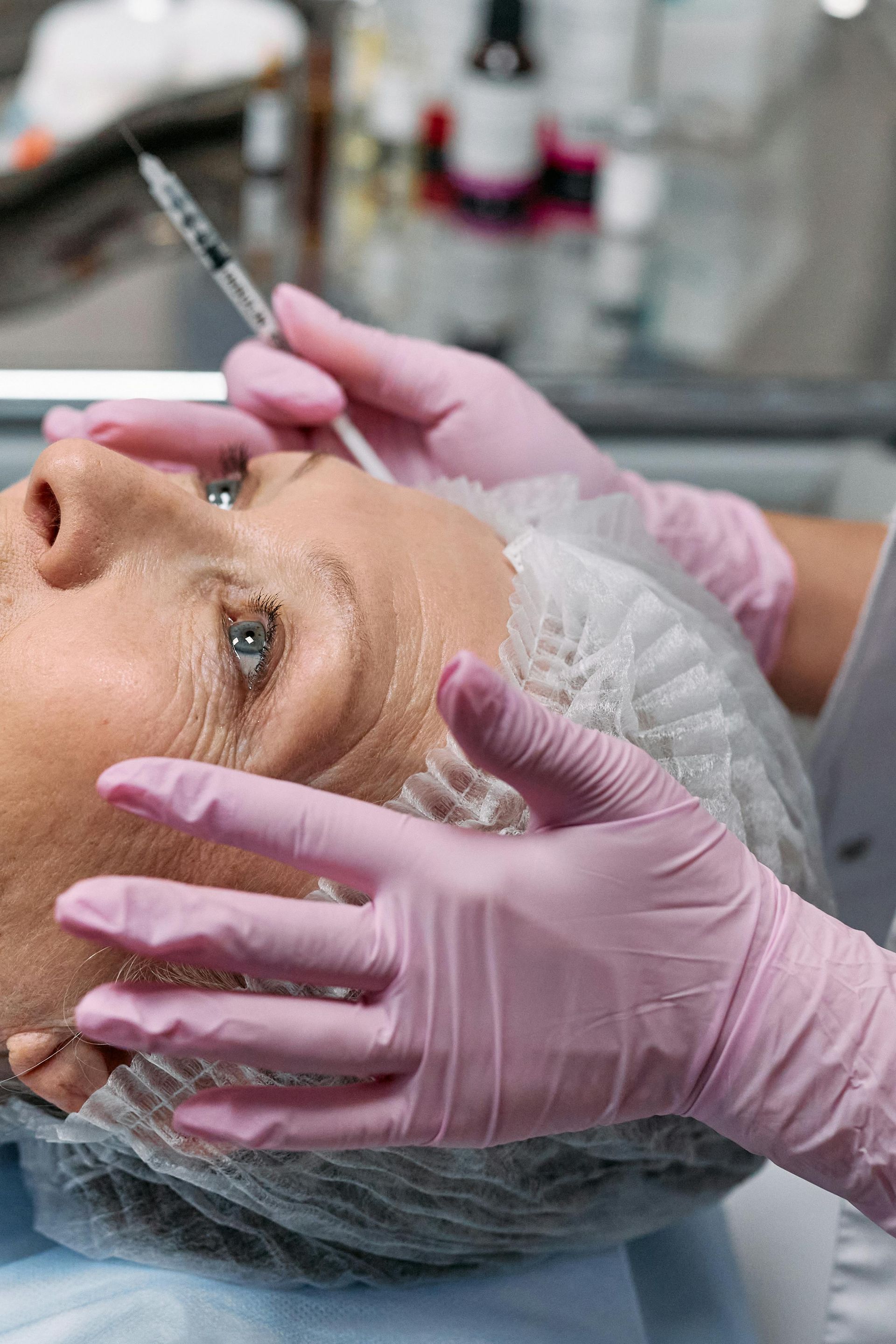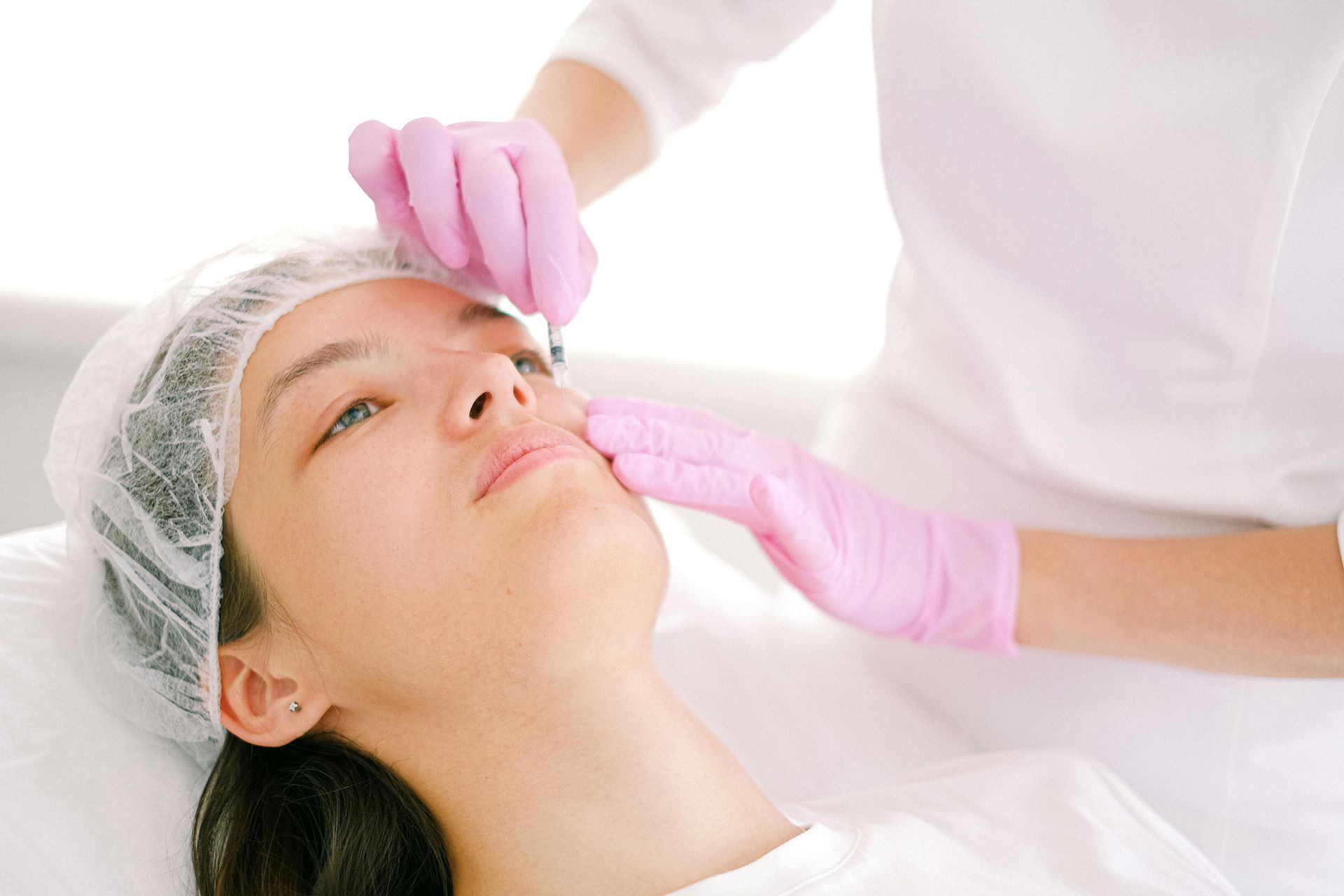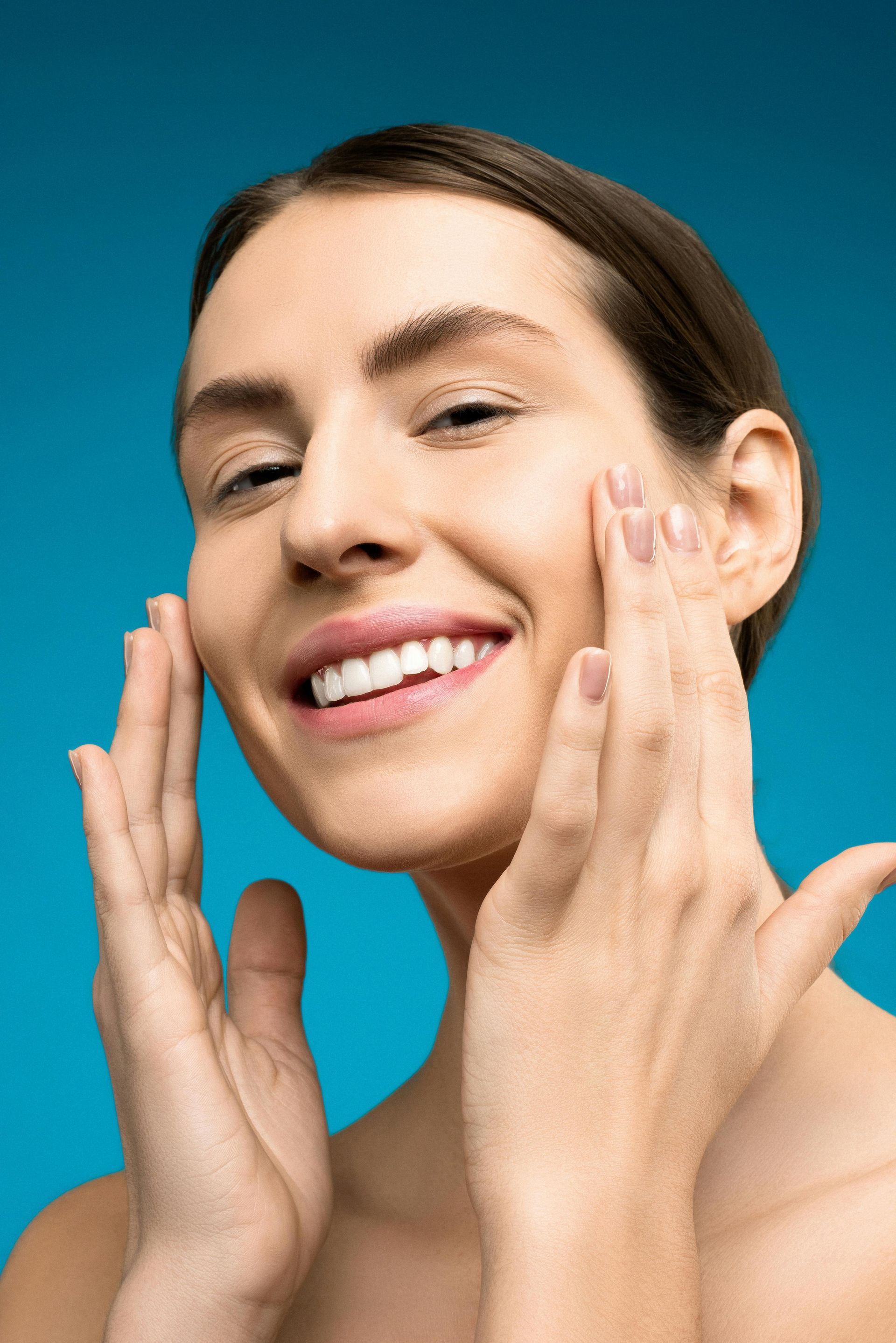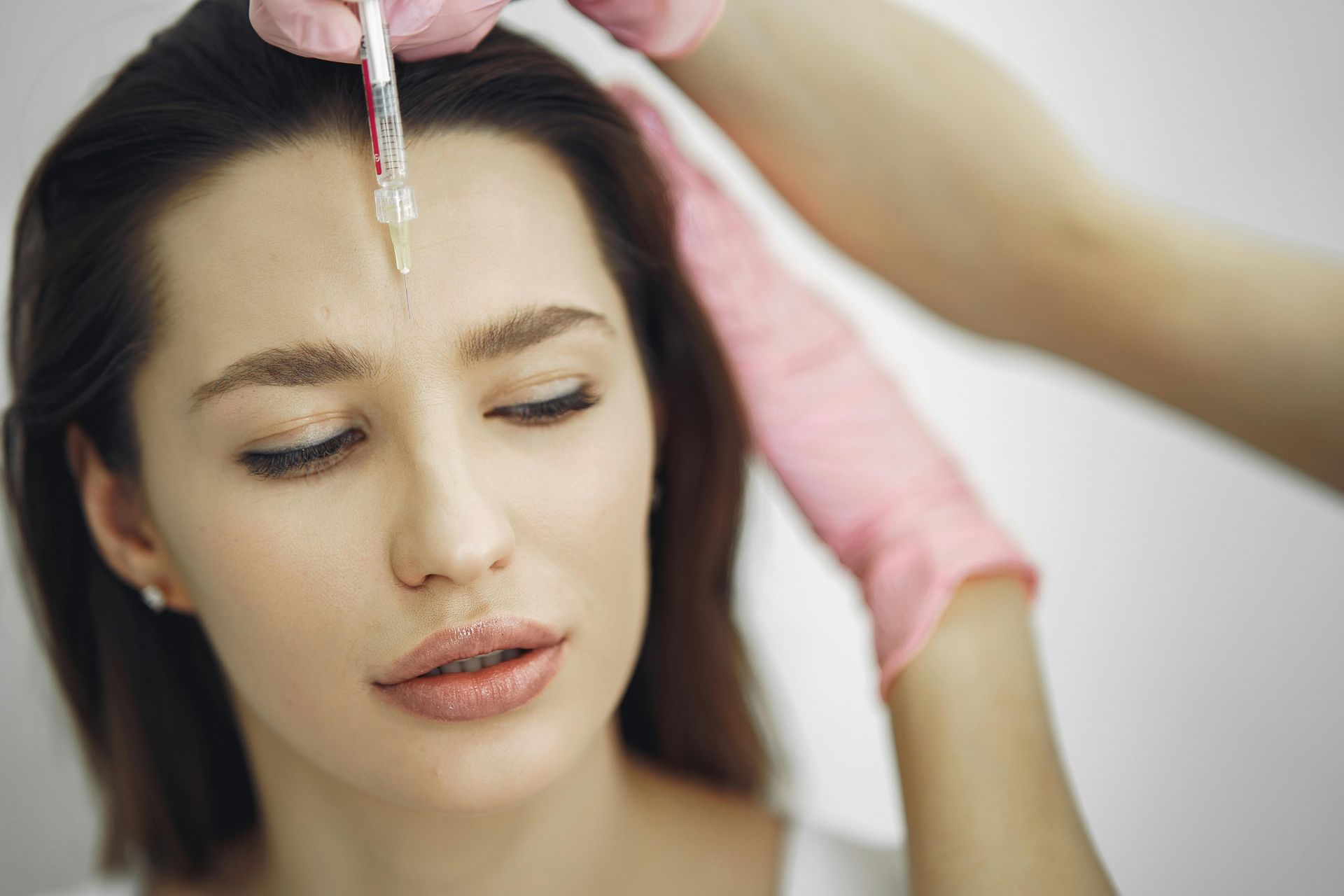Understanding the Causes of Hair Loss: Insights from Kaveri Karhade MD Dermatology
Hair loss is more than just a cosmetic concern; it can profoundly affect your self-esteem and emotional well-being. Whether you're dealing with gradual thinning or sudden shedding, understanding the underlying causes is crucial for finding the right treatment. At
Kaveri Karhade MD Dermatology, we are dedicated to helping you uncover the reasons behind your hair loss and providing effective, personalized treatments. By addressing these issues head-on, we aim to help you regain not just your hair, but your confidence and sense of self.
Common Causes of Hair Loss
Hair loss can be attributed to a myriad of factors, each requiring a different approach for effective management. Here’s an in-depth look at some of the most common causes of hair loss:
1. Genetic Factors
Androgenetic Alopecia (Male and Female Pattern Baldness)
- Description: Androgenetic alopecia, often referred to as male or female pattern baldness, is a hereditary condition characterized by a progressive thinning of hair. In men, this typically manifests as a receding hairline or thinning at the crown, while women experience diffuse thinning across the scalp. This condition is influenced by genetic predispositions and hormonal changes, leading to a gradual decrease in hair density over time.
- Onset:
The onset of androgenetic alopecia can begin as early as puberty and tends to progress with age, making it crucial to seek early intervention to manage the condition effectively.
2. Hormonal Changes
Hormonal Imbalances
- Description: Hormonal fluctuations play a significant role in hair loss. Conditions such as thyroid disorders, pregnancy, menopause, and polycystic ovary syndrome (PCOS) can disrupt the hormonal balance, leading to thinning hair or increased shedding. Hormones like androgens, which can shrink hair follicles and shorten the hair growth phase, are often involved.
- Symptoms: Accompanying symptoms may include irregular menstrual cycles, weight gain, fatigue, or noticeable changes in skin and hair texture. Addressing these hormonal imbalances is key to reversing hair loss caused by these conditions.
3. Nutritional Deficiencies
Poor Diet and Nutrient Deficiencies
- Description: A diet lacking in essential nutrients can severely impact hair health. Deficiencies in vital nutrients such as iron, zinc, vitamin D, and biotin can lead to hair thinning and excessive shedding. These nutrients are crucial for maintaining healthy hair follicles and supporting the hair growth cycle.
- Common Deficiencies: Iron deficiency anemia, vitamin D deficiency, and inadequate intake of biotin and zinc are commonly associated with hair loss. Incorporating a balanced diet rich in these nutrients or considering supplements can help address these deficiencies and promote healthier hair growth.
4. Stress and Lifestyle Factors
Emotional and Physical Stress
- Description: Both emotional and physical stress can trigger a condition known as telogen effluvium, where hair follicles prematurely enter the shedding phase. Stressful events, chronic illness, or significant life changes can contribute to this type of hair loss, which is often temporary but can be distressing.
- Triggers:
Major life events such as the death of a loved one, severe illness, or high-stress work environments are common triggers. Managing stress through relaxation techniques, counseling, and lifestyle adjustments can help mitigate its impact on hair health.
5. Medical Conditions
Underlying Health Issues
- Description: Various medical conditions, including autoimmune diseases like alopecia areata, scalp infections, and chronic illnesses, can lead to hair loss. Alopecia areata, for instance, is an autoimmune condition where the immune system mistakenly attacks hair follicles, leading to patchy hair loss.
- Examples: Other conditions such as lupus, rheumatoid arthritis, and fungal infections can also affect the scalp and hair follicles. Proper diagnosis and treatment of these underlying health issues are essential for managing hair loss effectively.
6. Medications and Treatments
Side Effects of Drugs
- Description: Certain medications can cause hair loss as a side effect. For example, chemotherapy drugs, used in cancer treatment, can lead to significant hair shedding. Similarly, medications for high blood pressure, depression, and other conditions may also impact hair health.
- Common Medications: Chemotherapy drugs, anticoagulants, and some antidepressants are known to cause hair loss. If you suspect your medication is affecting your hair, consult with your healthcare provider to explore alternative options or treatments.
Treatments Available at Kaveri Karhade MD Dermatology
At Kaveri Karhade MD Dermatology, we offer a comprehensive range of treatments designed to address the various causes of hair loss:
- Medications: We provide prescription treatments such as minoxidil and finasteride, which can help stimulate hair growth and prevent further loss. These treatments are tailored to your specific condition and needs.
- Topical Solutions: Specialized shampoos and topical treatments are available to strengthen hair follicles and promote healthier hair growth. Our dermatologists can recommend the best products for your hair type and condition.
- Lifestyle and Nutritional Counseling: We offer guidance on dietary changes and stress management strategies to support overall hair health. By addressing lifestyle factors, we aim to improve your hair's resilience and growth.
- Advanced Therapies: For more severe cases, we provide advanced treatments such as platelet-rich plasma (PRP) therapy and hair transplant procedures. These options can offer significant improvement for those with extensive hair loss.
Transform Your Hair Health with Expert Care
Understanding the causes of hair loss is crucial for effective management and treatment. At
Kaveri Karhade MD Dermatology, our expert team is dedicated to providing personalized care and innovative solutions to address your hair loss concerns. If you're experiencing hair loss or have questions about your condition, contact us today at
(415) 923-3377 to schedule a consultation. Let us help you take the first step toward healthier, fuller hair and renewed confidence.
